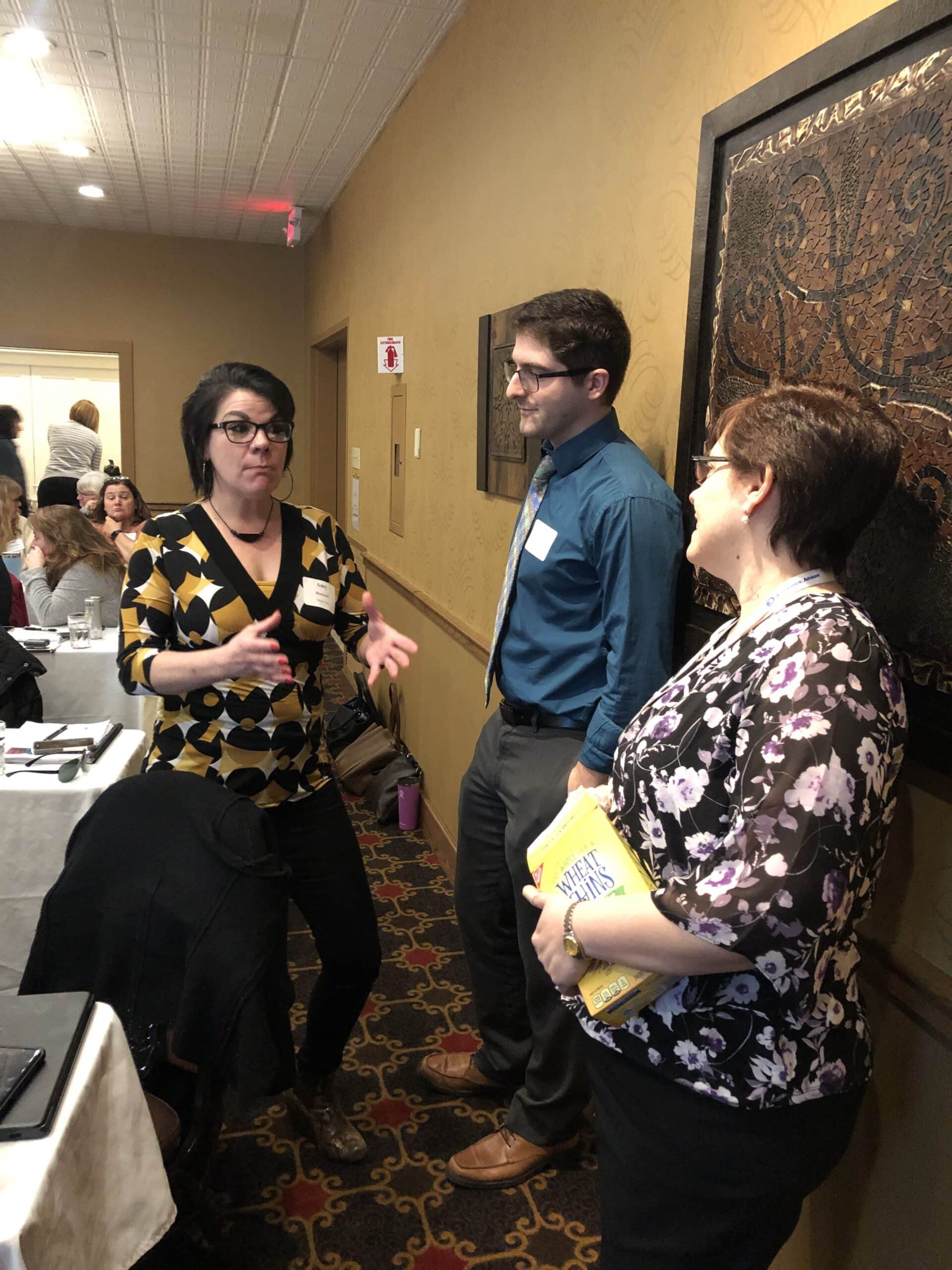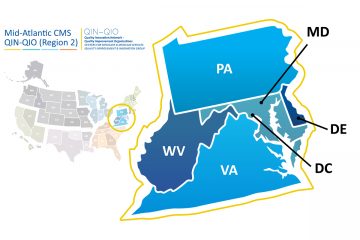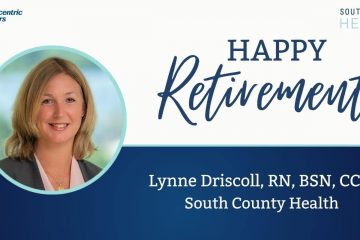This blog post is the fourth in a four-part series on the Skilled Nursing Facilities (SNF) Solutions Tour. Read part one, part two, and part three of this series on our blog.
In this fourth post, we talk about how trauma-informed care should intersect with all of the work done in SNFs.
Trauma-Informed Care
 Part of the work that Healthcentric Advisors does in Skilled Nursing Facilities involves changing practices to be more trauma-informed.
Part of the work that Healthcentric Advisors does in Skilled Nursing Facilities involves changing practices to be more trauma-informed.
Seventy per cent of the frontline workers have had one adverse experience. This means that health workers themselves have their own sets of triggers. Learning to recognize their own and those of the patients they serve is central to trauma-informed care.
In the older adult population especially, behaviors may be dismissed that are actually part of a larger pattern of triggers caused by an adverse experience in that patient’s past. These experiences can be screened for when patients enter facilities. Families can also help fill in the gaps in a patient’s history, and may be able to share their own coping and de-escalation strategies.
As Jennifer McCarthy emphasizes, trauma-informed care “is just a way of doing business.” In other words, it should be “seamless” and integrated into all of the work that we do. Jennifer has been at the forefront of integrating this model of care into all of Healthcentric Advisor’s work.
This approach helps health care professionals be proactive in caring for their patients. In the case of de-escalation for instance, knowing a patient’s history and triggers can allow health care professionals to avoid the triggers in the first place, so that there is no adverse reaction to have to de-escalate.
For more information on trauma-informed care, see the Center for Healthcare Strategies’ (CHCS) work in this area.
Read more about the tools we offered on our tour and how to get in touch for help.


